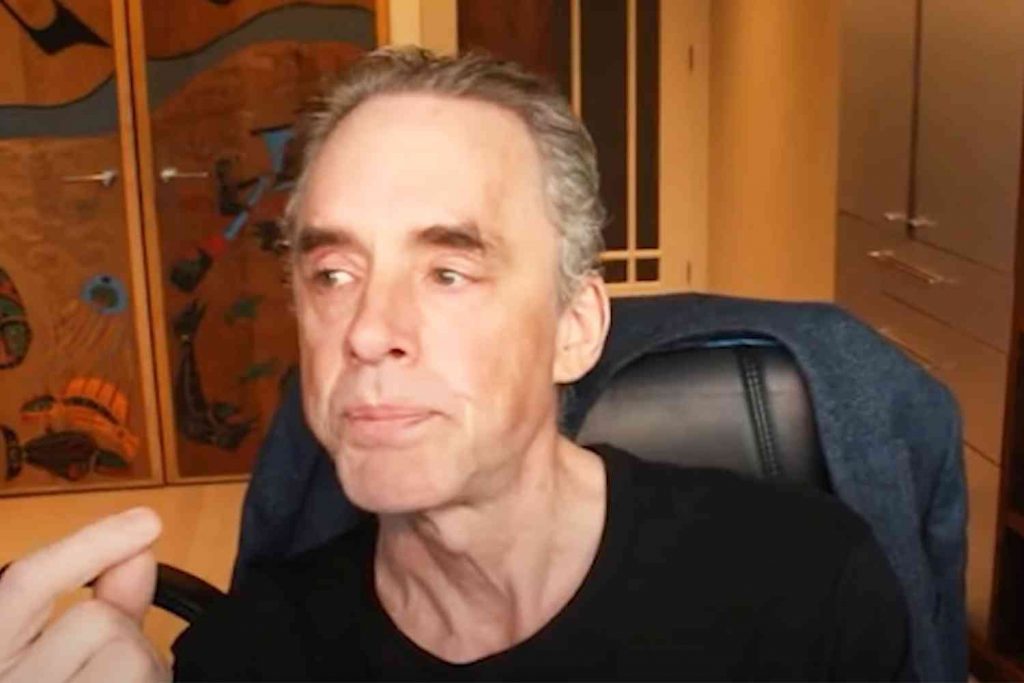Earlier this month, I spent some time on the phone with Niall Ferguson, the Scottish historian and Milbank Family Senior Fellow at Stanford University’s Hoover Institution, for a review I was writing of his latest book, Doom: The Politics of Catastrophe. In the first chapter, Ferguson refers several times to religion as “magical thinking,” and I asked him if he had his own metaphysical framework for understanding events, or, if he did not, which one he preferred people to have. His response was fascinating.“I was brought up an atheist—I didn’t become one,” he said. “I regard atheism as the religious faith I happened to be brought up in. It is, of course, as much a faith as Christianity or Islam—and I have the Calvinist brand, because my parents left the Church of Scotland. I was brought up, essentially, in a Calvinist ethical framework but with no God. This had its benefits—I was encouraged to think in a very critical way about religion and also about science, but I’ve come to see as a historian that you can’t base a society on that. Indeed, atheism, particularly in its militant forms, is really a very dangerous metaphysical framework for a society.”
“I know I can’t achieve religious faith,” he went on, “but I do think we should go to church. We don’t have, I don’t think, an evolved ethical system. I don’t buy the idea that evolution alone gets us to be moral. It can modify behavior, but there’s just too much evidence that in the raw, when the constraints of civilization fall away, we behave in the most savage way to one another. I’m a big believer that with the inherited wisdom of a two-millennia old religion, we’ve got a pretty good framework to work with.”








